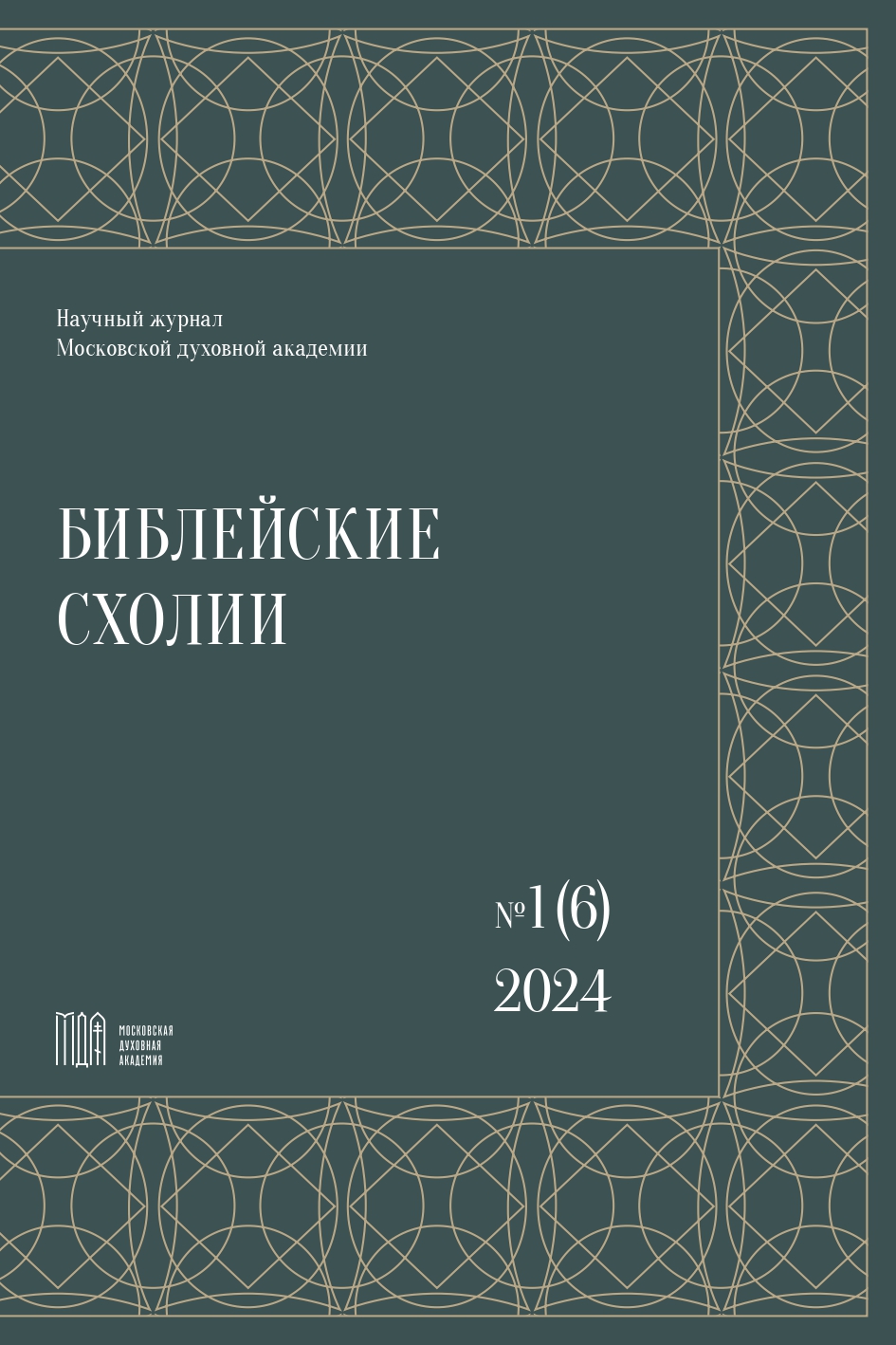«Kazan History» as an Apocalyptic Message: Peculiarities of Interpretation of the Text of the Work
DOI:
https://doi.org/10.31802/BSCH.2024.6.1.006Keywords:
Apocalypse, apocalyptic motifs, Kazan story, war narrative, ParousiaAbstract
The article is devoted to the analysis of apocalyptic motifs, contained in the literary monument of the 2nd half of the 16th century. XVI century. «Kazan History». This work is considered in the context of Christian historiosophic ideas and eschatological expectations of the epoch. The time of The reign of Tsar Ivan IV the Terrible (1533–1584) is characterised by an increased interest of the authors of works of this epoch to the motifs and images of the Book of the Revelation of the Apostle John the Theologian. This process was connected with the growth of apocalyptic expectations in Russian society, which was a consequence of the corresponding historiosophic ideas. corresponding historiosophic ideas in Russian thought of this historical stage. historical stage. A kind of «expressor» of such “apocalyptic imperative” are the works of authors who lived in the conditions of the domination of these moods in society, among which especially stands out such a monument of Russian literature as «Skazaliptic Imperative». The Tale of the Kingdom of Kazan (or Kazan History). Created in the 2nd half of the 16th century. Created in the 2nd half of the 16th century, this historical tale is considered in the format of this article as a complex, multilevel work in which the author encoded an apocalyptic message for his contemporaries. It is stated that the strategy chosen by the author of the story allows him to realise the didactic function of his work in relation to the reader. Apocalyptic motifs apocalyptic motifs of the monument under consideration are analysed in the context of their division into three main groups: 1) Holy Battle; 2) Martyrdom; 3) Universal Judgement.
Downloads
References
Источники
Библия 1499 г. и Библия в синодальном переводе в 10 томах. Т. 8. М.: Новоспасский монастырь, 1992.
Казанская история // Электронные публикации Института русской литературы (Пушкинского Дома) РАН. [Электронный ресурс]. URL: lib.pushkinskijdom.ru/Default. aspx?tabid=5148 (дата обращения 21.01.2023)
Литература
Андросова В. А. Повествование о «Двух свидетелях» (Откр 11. 3–13) как общий символ пути христианской Церкви // Вестник ПСТГУ I: Богословие. Философия. 2012. Вып. 4 (42). С. 7–21.
Ваненкова А. Е. Отражение эсхатологических представлений в русской средневековой публицистике XVI века // Вестник Московского государственного лингвистического университета. Гуманитарные науки. 2014. Вып. 18 (704). С. 133–144.
Дмитриев Л. А. Откровение Мефодия Патарского. [Электронный ресурс]. URL: http://lib. pushkinskijdom.ru/Default.aspx?tabid=10585 (дата обращения 22.10.2022).
Ианнуарий (Ивлиев), архим. Иоанна Богослова Откровение // Православная энциклопедия. Т. 24. 2013. С. 705–745.
История русской литературы X — XVII вв. / под ред. Д. С. Лихачева. М.: Просвещение, 1979.
Косякова В. А. Апокалипсис Средневековья. Иероним Босх, Иоанн Грозный, Конец Света. М.: АСТ, 2018.
Кузенков П. В. Индиктион Великий // Православная энциклопедия. Т. 22. 2014. С. 553–554.
Кусков В. В. История древнерусской литературы. М.: Высшая школа, 1998.
Лихачев Д. С. Поэтика древнерусской литературы. Л.: Художественная литература, Ленинградское отделение, 1971.
Ранчин А. М. Казанская история // Большая российская энциклопедия. [Электронный ресурс]. URL: https://bigenc.ru/literature/text/2032575 (дата обращения 9.09.2022).
Сиренов А. В., Твердюкова Е. Д., Филюшкин А. И. Источниковедение. М.: Юрайт, 2015.
Трофимова Н. В. Автор в древнерусских воинских повестях // Вестник славянских культур. 2011. Вып. 20 (2). С. 56–65.
Трофимова Н. В. Библейские цитаты в воинском повествовании XV — XVI вв. // Наука и школа. 2019. Вып. 2 (19). С. 11–18.
Koester C. R. The Book of Revelation. Oxford: Oxford university press, 2020.
LeGoff J. Der Mensch in Mittelalter. Frankfurt: Fischer, 1996.
Downloads
Published
How to Cite
Issue
Section
Categories
License

This work is licensed under a Creative Commons Attribution-ShareAlike 4.0 International License.






